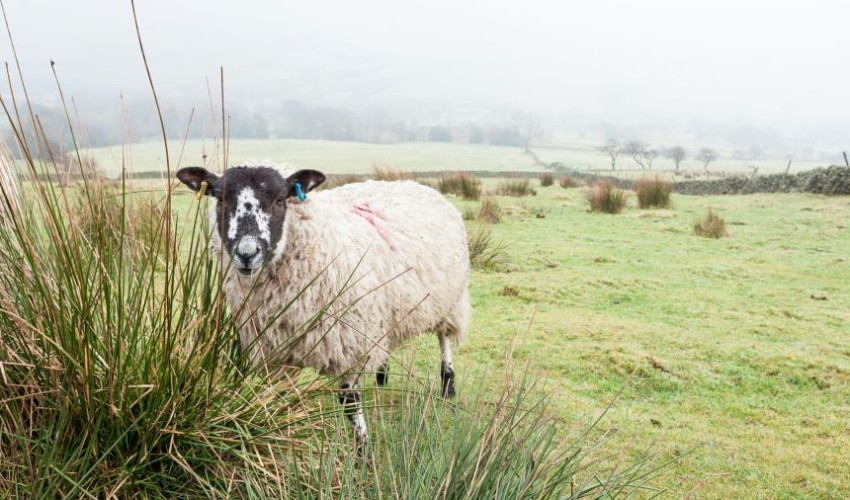Learn » Simplicity Research Hub » Why changing KiwiSaver for farmers is a bad idea
Why changing KiwiSaver for farmers is a bad idea
Published on 11/06/2025

Photo credit: Pierre Melion - Pear Melon
Article by: Shamubeel Eaqub, Chief Economist - Simplicity Research Hub
A new proposal is out today, to allow farmers to use their KiwiSaver funds to buy their first farm. While it might seem like the existing first home withdrawal, this change is problematic. It could weaken KiwiSaver's core purpose as a retirement savings scheme and offers only marginal benefits to a small group of people, while impacting millions of members.
Why this proposal is a "Solution in search of a problem"
Limited impact on farmers: KiwiSaver isn't well-suited for self-employed individuals, including many farmers, as it lacks employer contributions and government subsidies have been whittled away over time.
- Only an estimated 12,000-25,000 self-employed or employer farmers are KiwiSaver contributors.
- The average KiwiSaver first home withdrawal is about $25,000.
- This amount is only 0.6% of the average farm price ($3.9 million for a 286-hectare farm), meaning it would offer only marginal help.
A farm is not a home: Unlike a typical home, a farm (average 286 hectares) is a large business asset.
Clarify first home buyer settings: There should be a closer look at making access to the first home buyer deposit more equitable. But it should follow usual policy processes, rather than a politician led top down approach, which inevitably lead to unintended but predictable consequences.
Figure 1: The latest proposal to benefit farm owners wo are also KiwiSaver members is a case of tail wagging the dog.
Weakening KiwiSaver for millions
"Tail Wagging the Dog": This change impacts 3.4 million KiwiSaver members to benefit at most 0.75% of them.
Eroding Core Purpose: KiwiSaver's primary goal is to provide long-term savings for retirement through regular contributions and compounding returns. This proposal risks weakening it from a retirement (and first home) fund to something else.
Setting a Precedent: If farms are included, what prevents future proposals for other business investments (like a plumbing business or a home-based office)? We need to stop using KiwiSaver as a political plaything. This is not some kind of government/public asset, its our money.
Increased risk for farmers
Lack of diversification: Self-employed farmers are already highly exposed to their farms, as it's often the source of both their income and wealth.
Concentrated risk: Investing KiwiSaver funds into the farm means there is no diversification benefit, unlike employed individuals whose income and home investment are typically separate.
Better Options for Self-Employed: Self-employed individuals are often better off saving for retirement in a separate managed fund or similar investment that offers diversification outside their farm.
Figure 2: Tinkering with KiwiSaver is a distraction from demographic destiny that's coming at us fast
Distraction from bigger issues
Unsustainable pension system: This proposal distracts from the pressing issue of an unsustainable pension system due to New Zealand's rapidly aging population.
- The burden of supporting retirees will double for future generations. : there were 8 working age people per retiree 50 years ago, there are now 4, there will be just 2 in 50 years time. The burden of ageing will double for our grandchildren – this is wilful intergenerational robbery.
Strengthen, don't weaken: KiwiSaver should be strengthened to help build private pension assets and provide better choices for future generations, not weakened. This is not a controversial or contested idea.